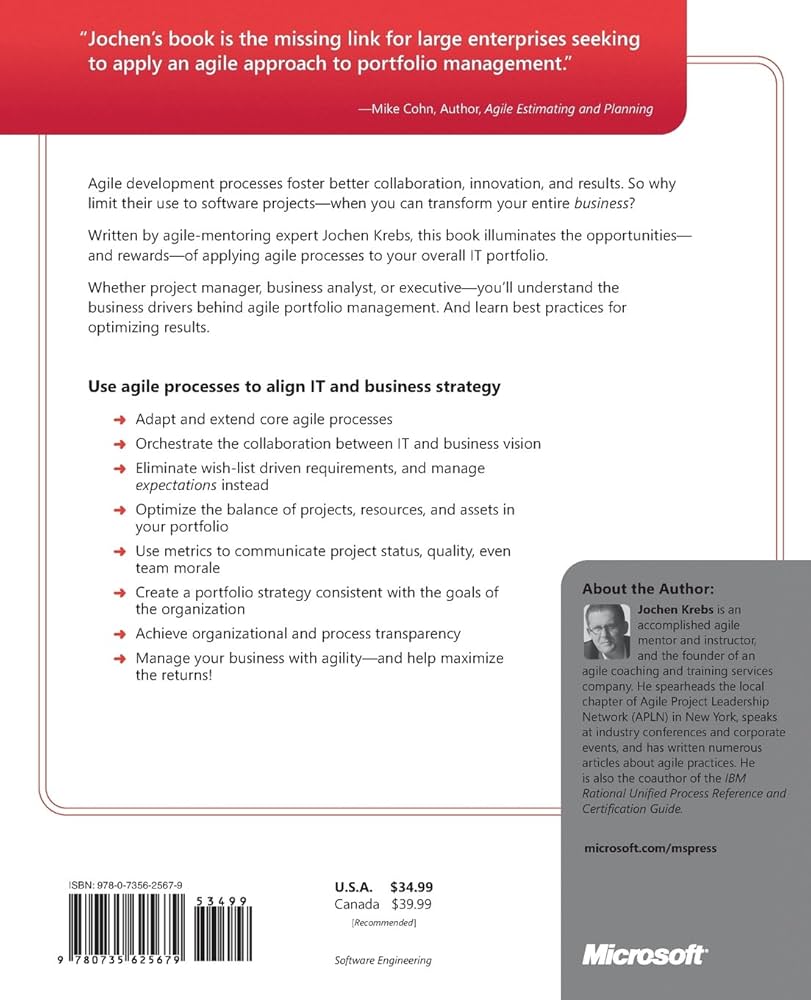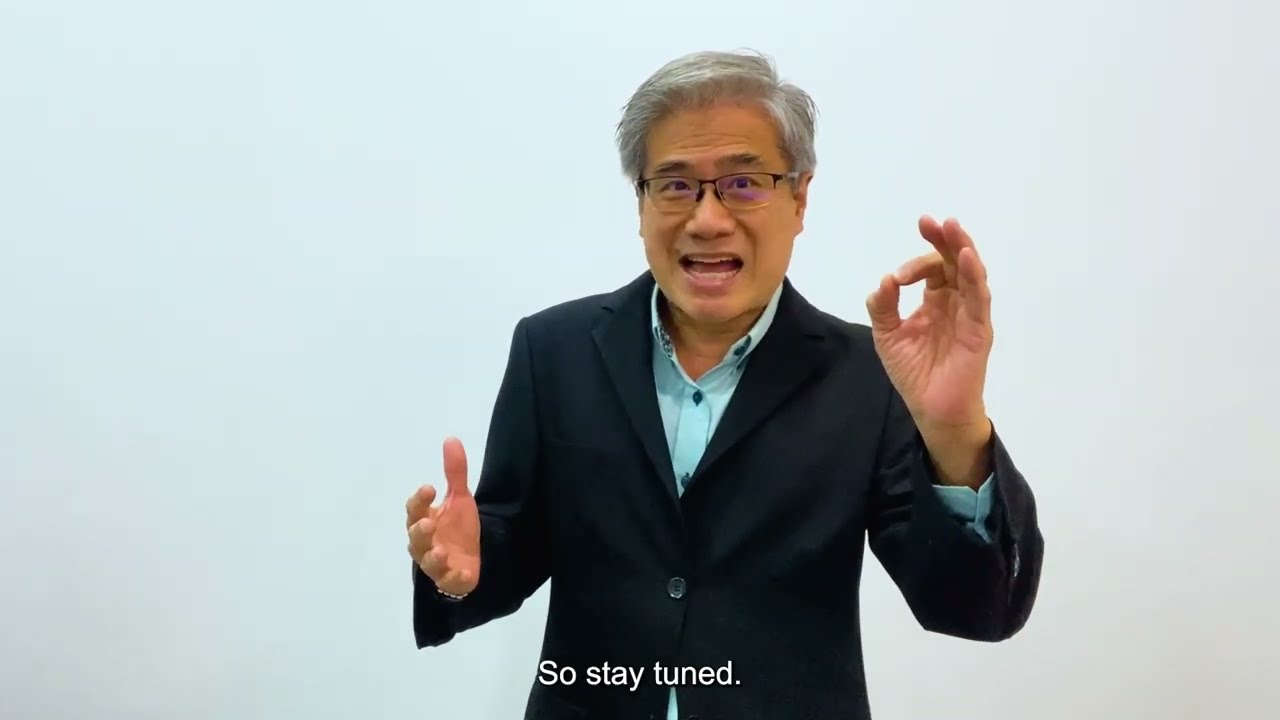In a constantly evolving world, executive coaching stands as a cornerstone for those aspiring to become agile and innovative leaders. Indeed, this approach not only helps develop key skills but also fosters an adaptive managerial stance to meet contemporary challenges. Through tailored support, professionals learn to maximize their potential while cultivating emotional intelligence, essential for confidently guiding their teams towards autonomy and informed decision-making.
|
IN BRIEF
|
In a constantly evolving world, executive coaching emerges as an essential tool for those aspiring to become agile and innovative leaders. This professional development process helps individuals cultivate key skills, adapt to rapid changes, and maximize their potential. This article explores how executive coaching can transform a leader, focusing on adaptability, emotional intelligence, and delegation.
The Importance of Adaptability in Leadership
At the heart of agile leadership lies the capacity for adaptability. In an environment where everything can change in an instant, leaders must be ready to adjust their approach and strategies. Executive coaching provides professionals with the necessary tools to develop this flexibility. By learning to identify signals of change and respond appropriately, leaders become capable of facing the unexpected with confidence and creativity.
Developing Emotional Intelligence for Better Leadership
Another fundamental aspect of effective leadership is emotional intelligence (EQ). This involves not only understanding one’s own emotions but also the ability to perceive and comprehend those of others. Executive coaching assists leaders in honing this skill, making their management more empathetic and connected. By cultivating empathy, leaders can establish strong relationships with their teams, enriching collaboration and fostering a positive work environment.
Delegation: A Shared Power for Increased Autonomy
An agile leader cannot thrive without knowing how to delegate. This means not only entrusting tasks but primarily encouraging the autonomy of team members. Executive coaching teaches leaders how to empower their teams by integrating participatory decision-making processes. By allowing their employees to engage in important decisions, leaders create an environment conducive to creativity and innovation while enhancing staff engagement.
Tailored Training Programs
To support leaders on their path to agility, customized training programs, such as those offered by Coach U, provide a framework for developing a coaching mindset. These trainings, often structured over several months, allow for in-depth exploration of specific skills while benefiting from personalized support. Thus, each leader can evolve at their own pace, receiving valuable guidance on the journey towards innovative leadership.
The Benefits of Executive Coaching in a Changing World
In the face of the rise of <strongartificial intelligence and other technological advancements, the need for agile leaders is more pressing than ever. Executive coaching stands out as a strategic response to training leaders capable of navigating this new era. By investing in their personal and strategic development, leaders become better equipped to overcome challenges and seize opportunities as they arise.
In conclusion, executive coaching is a powerful catalyst on the road to agility and innovation in leadership. It is a rewarding journey that transforms the way of leading and inspiring others.











